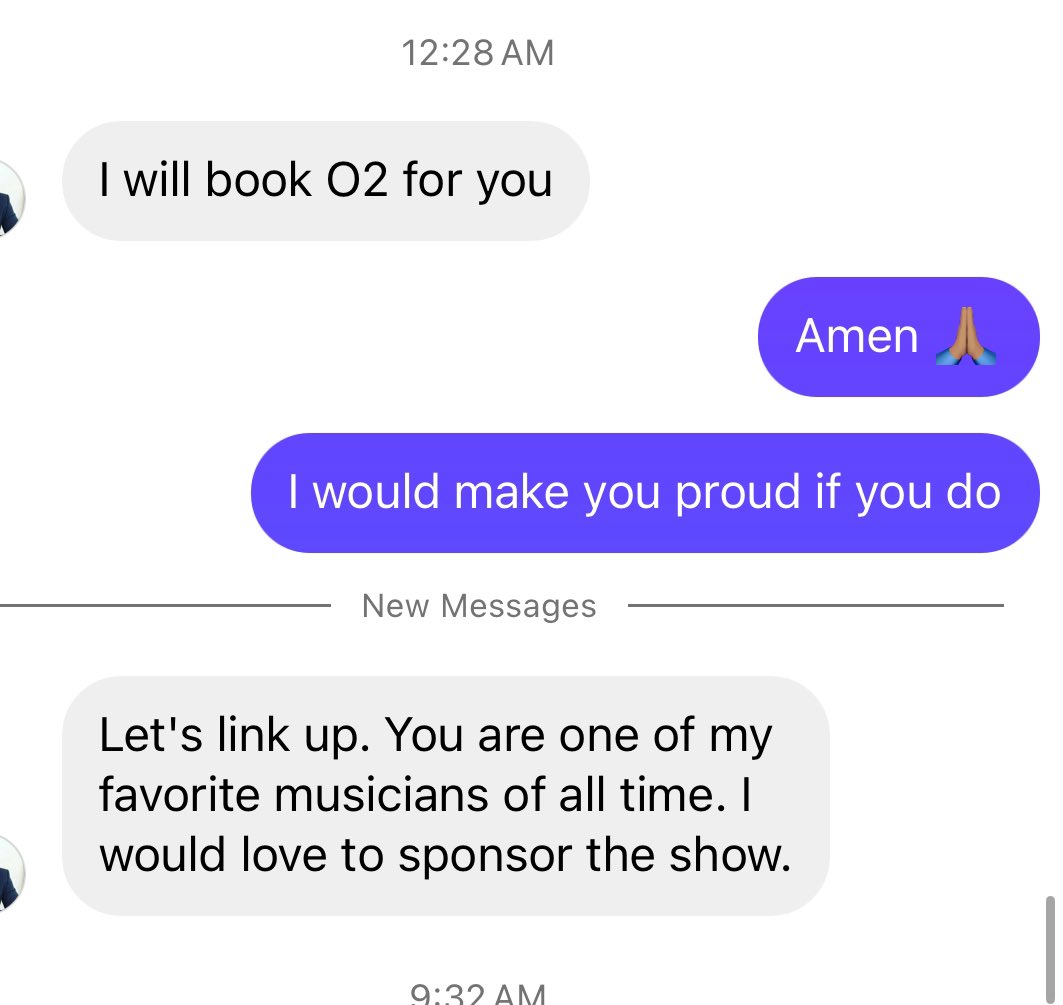Five crucial steps for brides beginning their wedding planning journey

Weddings have always played an important role in marriage and society, but they seem to have become more opulent and flamboyant over the past few years.
The average cost of a wedding is enough to give any bride and groom hot flashes, and there are hours and hours of planning that go into making the details work.
The key to figuring out how to plan a wedding is knowing the responsibilities associated with planning a huge event.
Perhaps, you’ve always operated under the assumption that a wedding planner would help you figure out all the details of your wedding, but the reality is that most brides and grooms plan their big day without professional help.
If you don’t have the luxury of having a wedding planner on your team, it’s easy to get overwhelmed — which is why you need a plan and a wedding planning checklist.
Here are the first 5 steps all brides who are planning their wedding should take:
1. Start with the guests
The very first step is to start building and trimming your guest list. There are multiple ways you can do this, but here’s one technique:
- Begin by adding every name you and your groom would possibly invite. This may include immediate family, friends, second cousins, college roommates, etc. It’s a liberal list that helps you get something down on paper.
- Once you have this big list, start to trim it down. Remove the people you haven’t seen in a while and don’t keep in touch with them. Erase names of individuals who recently got married and didn’t invite you to their wedding (not out of spite, but practicality. If they didn’t invite you, they shouldn’t be offended when you don’t invite them). It should be easy to remove 15-20 percent of the original names on your list.
Here’s where things get tricky. Since you haven’t decided on a budget or wedding venue yet, you need a couple of different guest lists. One is your strict, low-budget guest list that contains the absolute bare minimum. Think of immediate family and closest friends. The second list is a much looser one, which includes additional guests whose invitations are contingent on cost-related factors.
2. Identify a budget
Step two sort of happens in tandem with step one. Think about financials and how much money you have to spend on the wedding. Will you be paying for it yourself? Are your parents helping out? Is your groom’s family going to pitch in? Figure out the absolute maximum you have to spend, as well as a lower number that you’re more comfortable with.
3. Find the location
With your budget in tow, start your search for a venue. Popular venues will often fill up a year or two in advance, so make sure you start looking as soon as possible. You’ll want to zero in on a couple of different options, just so you can see the cost differences, as well as potential limitations on the number of guests.
4. Research vendors
Once you have your guest list, budget, and location, you’ll have a much clearer picture of what sort of money you have left for things like flowers, food, drink, entertainment, cake, etc. Spend time researching vendors and looking for trustworthy ones. It’s better to spend a little more on a reliable vendor than it is to save money and get a vendor you feel uneasy about.
5. Understand what’s important
Finally, make sure you understand what’s important. Having beautiful floral centrepieces and perfectly cooked appetizers is great, but these elements won’t make or break your wedding. Focus on your groom and enjoy the evening.
Your wedding is all about you and your groom. Once the big day arrives, it’s time to relax and enjoy the moment. While you may find it difficult to step back, you need to switch roles. You’re no longer the wedding planner — you’re the bride.
Pass off those planning responsibilities to someone you can trust — such as your mother or maid of honour — and soak up every last second of what will be one of the best days of your life



![‘Let’s have a collab, I’m joining Stubborn Academy’ – Rick Ross hails Medikal [Video] ‘Let’s have a collab, I’m joining Stubborn Academy’ – Rick Ross hails Medikal [Video]](https://lagosnawa.com/wp-content/uploads/2024/05/image_2024-05-08_013928728-1024x667-1-768x500.png)








































